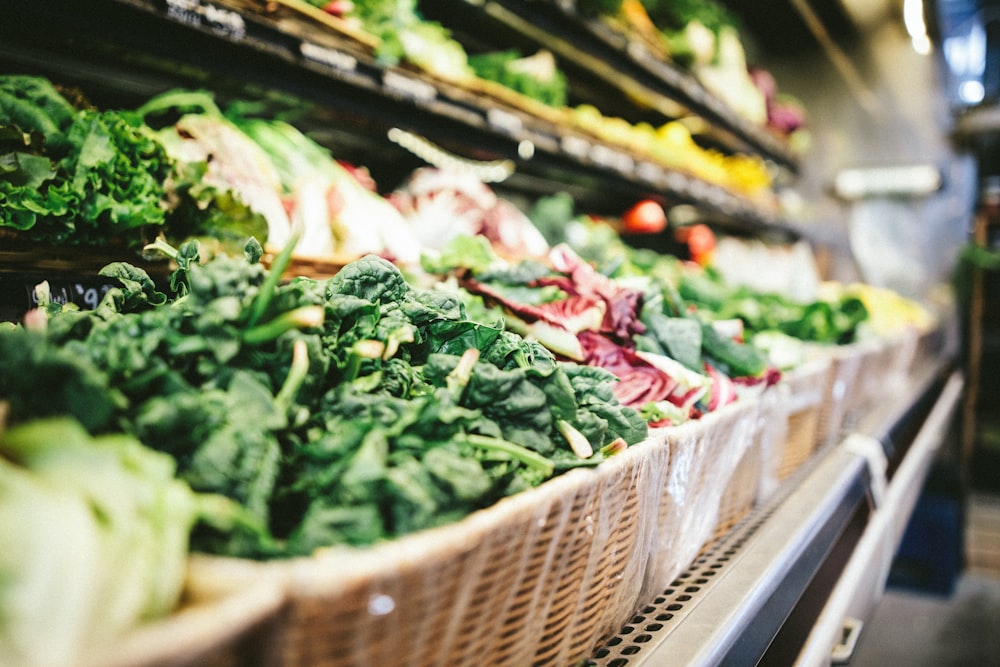Nourish Your Gut: Foods and Probiotics for Digestive Health
Understanding Gut Health
The gut, often referred to as the “second brain,” plays a crucial role in our overall well-being. It is home to trillions of bacteria, fungi, and other microorganisms collectively known as the gut microbiota. Maintaining a healthy balance of these microorganisms is essential for optimal digestion, nutrient absorption, immune function, and even mental health.
The Role of Probiotics
Probiotics are live microorganisms that provide health benefits when consumed in adequate amounts. They help replenish and maintain the balance of beneficial bacteria in the gut microbiota. Common sources of probiotics include yogurt, kefir, sauerkraut, kimchi, and other fermented foods. Probiotic supplements are also available and can be beneficial for those who may not consume enough probiotic-rich foods.
Gut-Friendly Foods
In addition to probiotics, certain foods can support gut health by providing essential nutrients and fiber. These include fruits, vegetables, whole grains, legumes, nuts, and seeds. High-fiber foods help promote regular bowel movements and feed the beneficial bacteria in the gut. Fermented foods, such as yogurt and kefir, not only contain probiotics but also offer additional digestive benefits.
The Benefits of Prebiotics
Prebiotics are non-digestible fibers that serve as food for probiotics, helping them thrive and multiply in the gut. Common sources of prebiotics include garlic, onions, leeks, asparagus, bananas, oats, and barley. By incorporating prebiotic-rich foods into your diet, you can further support the growth and activity of beneficial gut bacteria.
Foods to Avoid
Certain foods can disrupt the balance of gut bacteria and contribute to digestive issues. These include processed foods high in sugar, artificial sweeteners, refined grains, and unhealthy fats. Excessive consumption of alcohol and caffeine can also negatively impact gut health. It’s best to limit these foods and focus on whole, nutrient-dense options instead.
The Importance of Hydration
Hydration is essential for maintaining healthy digestion. Drinking an adequate amount of water helps soften stool, making it easier to pass and preventing constipation. Herbal teas and infused water can also support digestive health by providing additional hydration and certain beneficial compounds.
Mindful Eating Practices
In addition to choosing the right foods, practicing mindful eating can further support digestive health. Chew your food thoroughly, eat slowly, and pay attention to hunger and fullness cues. Avoid eating large meals late at night or right before bed, as this can disrupt digestion and lead to discomfort.
Exercise and Gut Health
Regular physical activity is not only beneficial for overall health but also for gut health. Exercise helps stimulate bowel movements, improve digestion, and reduce the risk of digestive problems such as constipation and bloating. Aim for at least 30 minutes of moderate-intensity exercise most days of the week for optimal gut health.
Stress Management Techniques
Stress can have a significant impact on gut health, leading to symptoms such as abdominal pain, bloating, and changes in bowel habits. Incorporating stress management techniques such as meditation, deep breathing exercises, yoga, or tai chi can help reduce stress levels and promote better digestion.
Maintaining Gut Health Long-Term
Maintaining gut health is an ongoing process that requires a combination of healthy lifestyle habits. By incorporating probiotic-rich foods, prebiotics, fiber, hydration, mindful eating practices, regular exercise, and stress management techniques into your daily routine, you can support a healthy gut microbiota and enjoy better digestion and overall well-being. Read more about Gut-friendly foods and probiotics


